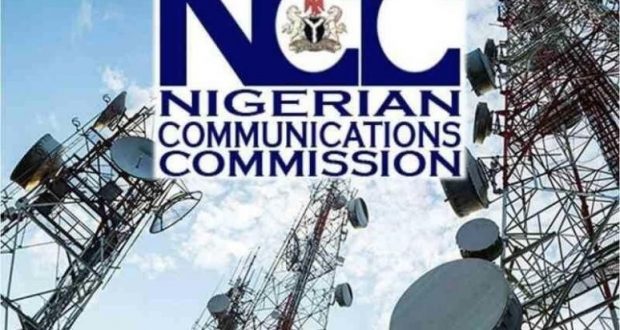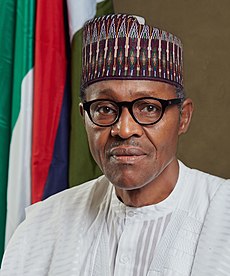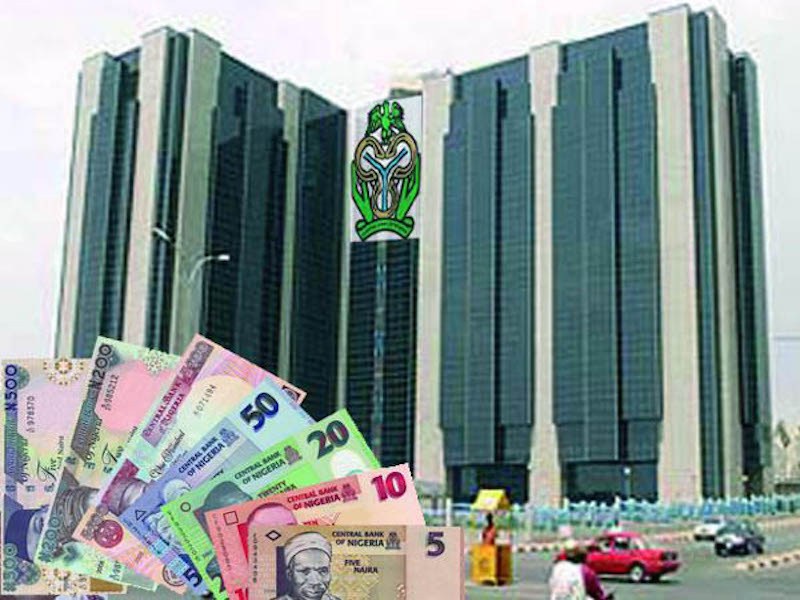NOTE: At this event, EVC Was represented by the Deputy Director, Public Affairs, NCC, Mrs. Grace Ojougboh
Protocols:
Chairman of the Occasion,
(Distinguished Senator, Owelle, Rochas Anayo Okorocha)
Hon. Minister of Information and Culture,
(Alhaji Lai Mohammed)
Executive Secretary/CEO of NICO,
(Mallam Ado Yahuza)
Guest Lecturer,
(Prof. Sule Bello of History Department, Ahmadu Bello University, Zaria)
Eminent personalities and Stakeholders here present
Gentlemen of the Press,
Distinguished Ladies and Gentlemen.
It is my pleasure to be here today representing the Executive Vice Chairman/ Chief Executive of the Nigerian Communications Commission (NCC), Prof. Umar Garba Danbatta who, due to prior official engagements, is unable to be here.
On behalf of the Executive Vice Chairman, I bring you warm greetings from the entire Management and staff of the Commission, Please, permit me to proceed to present the EVC’s Goodwill Message to this august gathering.
THE GOODWILL MESSAGE
I thank the National Institute for Cultural Orientation (NICO) for the invitation to this Quarterly Public Lecture holding here at the African First Ladies Peace Mission Conference Hall, Abuja.
The theme of this Lecture is: “Imperial Cultural Illusions, Delusions and Hallucination: Major Sources of Africa’s Contemporary Development Crises.”
I am convinced that our eminent Guest Lecturer Prof Sule Bello is more than qualified to dissect this topic to the understanding and appreciation of all that have gathered here today.
Ladies and gentlemen, world civilisation and culture have been greatly impacted by the advancement in Information and Communications Technology (ICT) and telecommunications to the extent that the way we socialize, carry out businesses, engage in learning and participate in other life endeavours have changed in unprecedented ways.
Indeed, the theme of this event finds cognate expression in technological determinism theory and cultural imperialism conception. While the former presupposes that the society’s level of technology adoption determines the development of its social structure and cultural values; the latter is seen as the process and practice of promoting one culture over another and access to technologies plays a vital role in this.
Over the years, technology has revolutionised our world and daily lives and created amazing tools and resources, putting useful information at our fingertips.
In recent times, Nigeria has put greater emphasis on digital economy, through her National Digital Economy Policy and Strategy (NDEPS) 2010-2030, courtesy of the visionary leadership of the Honourable Minister of Communications and Digital Economy, Dr. Isa Ali Ibrahim (Pantami).
Indeed, the world is witnessing greater advancement in ICT with next-gen technologies such as Artificial Intelligence (AI) and Machine Learning, Fifth Generation Network (5G), Internet of Things (IoT), Virtual Realities (VR), Blockchain and Big data, among others. These newest technologies are fast evolving to redefine our sociocultural orientation in the 4th Industrial Revolution of the 21st Century.
With all of these revolutions, technology has made our lives easier, faster, better, and more exciting, but it has wrought a devastating effect on our national and traditional ethos. The emergence of the so called ‘digital natives’ or ‘ Millennial’ presuppose a generation that is fast losing touch with our time honours traditional and cultural values which are the very essence of our identity as a people.
The convergence of information technology and communications technology with the attendant pervasive wholesome adoption that straddles virtually all facets of social, economic and cultural life underscore the fact that this is a major source of Africa’s contemporary development crises.
As the independent national regulatory authority for the telecommunications industry in Nigeria, the NCC has, over the years, been creating an enabling environment for competition among operators in the industry as well as ensuring the provision of qualitative and efficient telecommunications services throughout the country for rapid and orderly socio-economic development.
The Commission drives broadband penetration and access to next-gen technologies that impact life.
In addition, it advocates responsible use of the technologies, especially the Internet in a way that helps to address our socio-economic, cultural and national security challenges.
Aside driving ubiquitous access to telecoms services, NCC takes it upon itself to constantly educate consumers of telecoms services on responsible use of our ICT resources for promoting development and engendering national unity. This resonates with the Institute’s primary responsibility of harnessing our cultural resources to meet the challenges of social integration, peace, unity and national development. The NCC recognizes the power of telecommunications in leapfrogging our national development in these important respects. This is the reason the Commission accords priority to strategic objectives in its regulatory mandate.
In line with the above , NCC ensures proper registration of Subscriber Identity Module (SIM) cards while also ensuring the ongoing implementation of the Ministerial Directive on the linkage of SIM and National Identity Number (NIN) data in order to ensure credible citizens’ database.
This, the Federal Government believes will enhance efforts at curbing criminal activities such as terrorism, banditry, kidnapping while boosting confidence in economic transactions.
Ladies and gentlemen, it is important to note that during the lockdowns and other disruptions occasioned by COVID-19, we witnessed, first hand, the potential positive impact of telecommunications and ICTs across all the key sectors of the Nigerian economy. According to a recent report by the Federal National Bureau of Statistics, telecoms sectors’ positive contribution to Nigeria’s Gross Domestic Product (GDP) in Quarter 4 of 2020 is one of the reasons Nigeria was able to marginally exit from recession.
What is left for us, therefore, as a country, is to ensure we leverage technology functionally to promote our economy and address other critical development challenges.
It is on this note that I wish to reiterate the commitment of the Board and Management of NCC in ensuring Strategic Collaboration and Partnership with relevant agencies and stakeholders for a sustainable national development that guarantees economic prosperity for all citizens while preserving our fundamental social and cultural values.
I thank you all for listening. Thank you.




